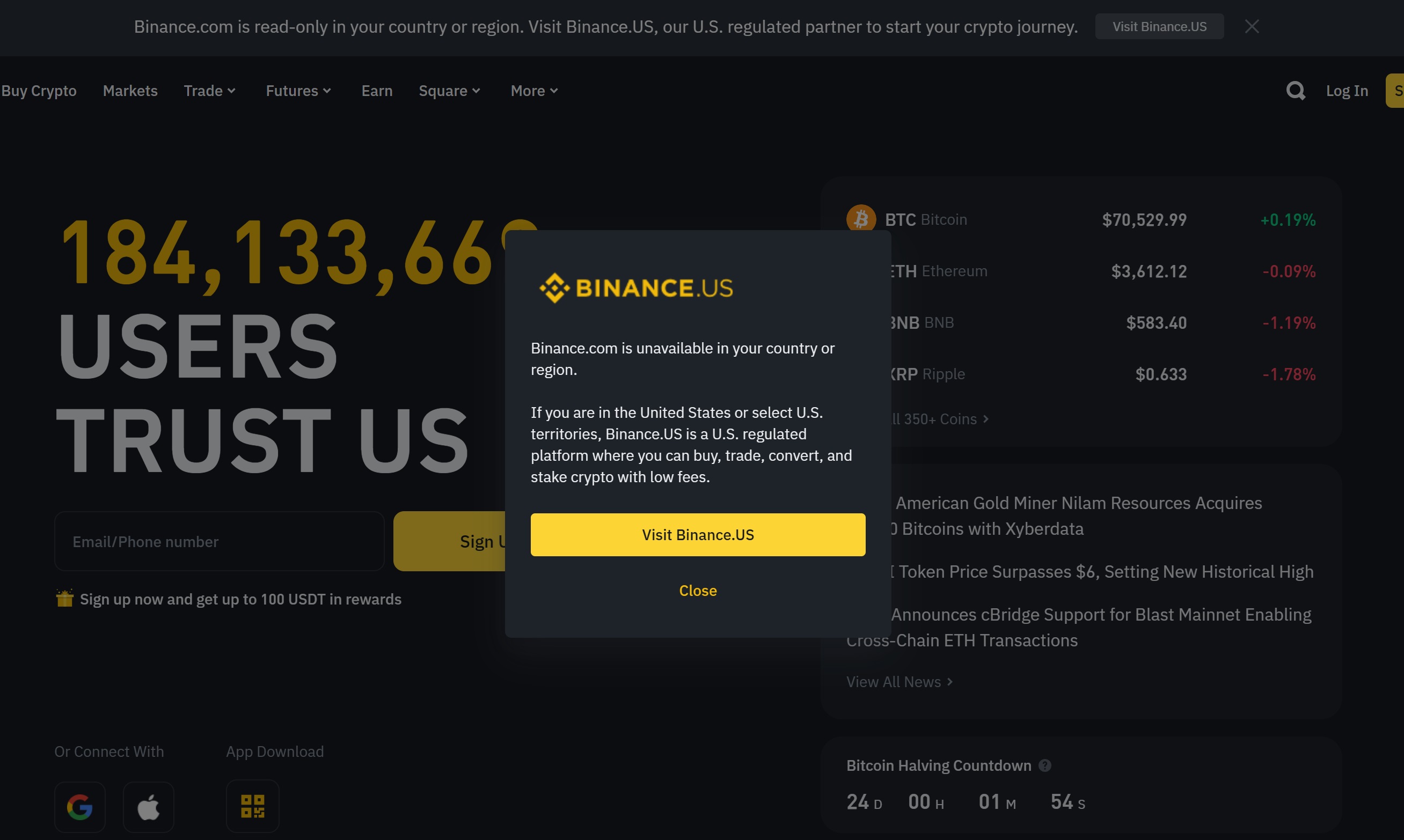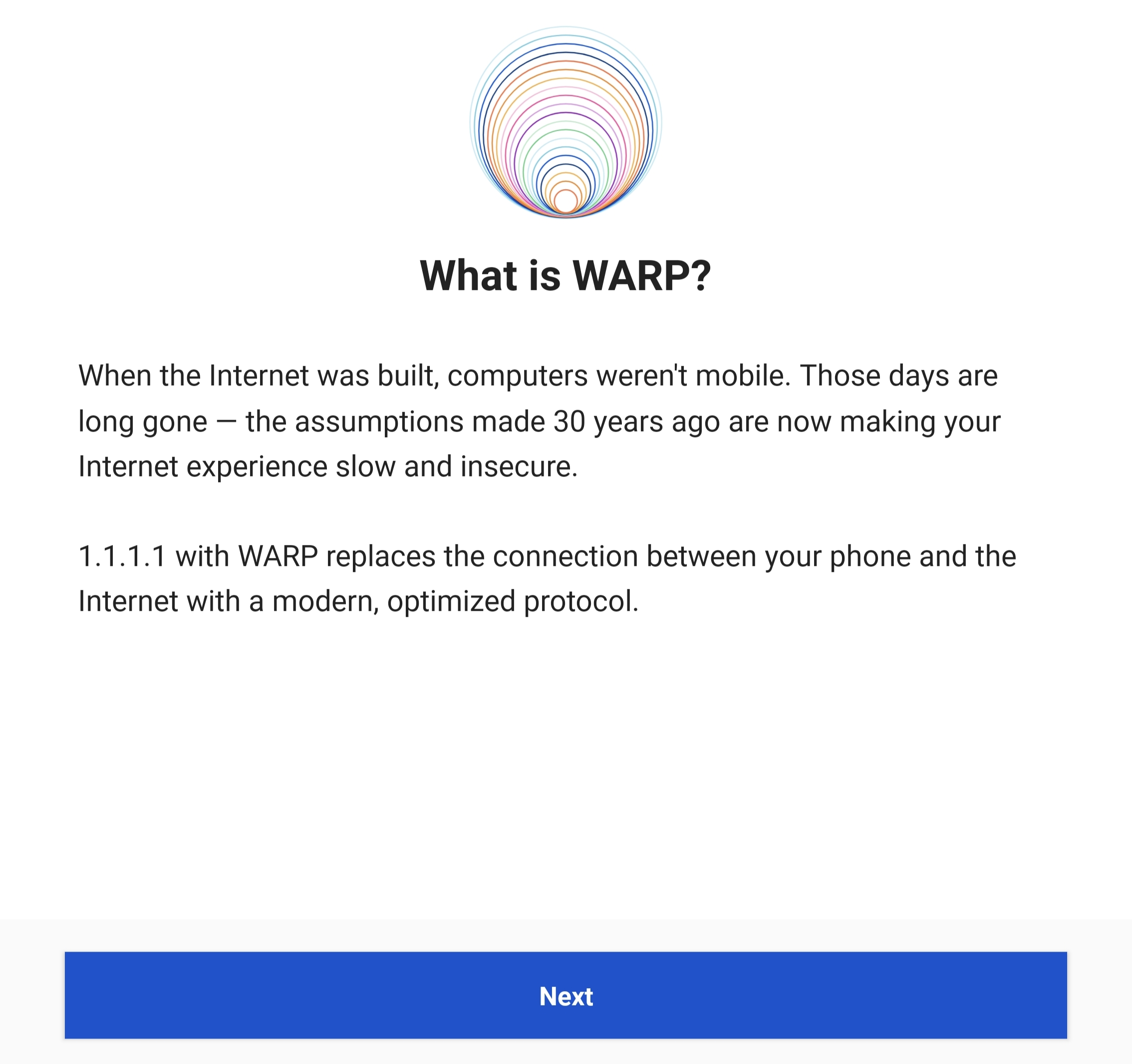Filipinos circumvent NTC ban on Binance for uninterrupted crypto access
Discover how Philippine internet users are bypassing government restrictions ensuring secure and fast online trading experiences
At A Glance
- The Philippine National Telecommunications Commission (NTC) has imposed a ban on accessing the cryptocurrency platform Binance, instructing internet service providers (ISPs) to block access to the site.
- Internet users in the Philippines are circumventing the NTC's ban by using Cloudflare's 1.1.1.1 DNS resolver. This service acts as an alternative Domain Name System (DNS), enabling users to access websites that are blocked by their ISP's standard DNS.
- WARP is a mobile-focused extension of the 1.1.1.1 DNS resolver designed to optimize internet performance on mobile devices. It encrypts internet traffic, offering users enhanced security and the ability to bypass DNS-level restrictions.
- The NTC's decision to block Binance has prompted many Filipino users to seek alternative ways to access their cryptocurrency investments and trading platforms, highlighting the need for secure and unrestricted internet access.
- Despite the availability of methods to bypass internet restrictions, users are reminded to stay informed about regulatory changes and comply with local laws, especially considering the actions taken by the Securities and Exchange Commission (SEC) against Binance for operating without the necessary license in the Philippines.

Internet users in the Philippines are finding ways to circumvent the National Telecommunications Commission's (NTC) ban on accessing Binance. This is made possible through Cloudflare's 1.1.1.1 DNS resolver and its mobile-focused extension, WARP, which collectively enhance internet performance and security for users.
Think of the internet as a giant library where websites are books, and the Domain Name System (DNS) is like a massive card catalog. When you type in a website address, your computer needs the DNS to find the right "shelf" (IP address) where the website lives. Your internet service provider (ISP) has its own card catalog (DNS server), but sometimes governments or the ISP itself might remove or alter specific cards to block websites as the NTC did with Binance. By switching your DNS to 1.1.1.1, you're using a different public card catalog that might have the correct information for the website you want to reach. It's important to note that this doesn't always work, as website blocking can be complex, and using a public DNS also has some privacy considerations.

The NTC recently banned access to Binance. This means Philippine internet service providers (ISPs) were instructed to act like librarians, removing the "Binance" card from their catalogs (DNS servers). So, if you try to visit Binance through a normal internet connection in the Philippines, you won't be able to find it because your ISP's DNS doesn't have the correct information.
However, some people are getting around this block by using alternative DNS servers, like the one provided by Cloudflare (1.1.1.1). These are like public libraries with their own catalogs. By switching your device to use a different DNS server, you might be able to find the "Binance" card in that catalog and access the website despite the NTC ban. It's like going to a different library and hoping they have the book you're looking for.
1.1.1.1 is a DNS resolver service engineered by Cloudflare to provide users with a faster and more secure way to browse the internet. As a DNS resolver, it translates human-readable domain names into IP addresses, functioning as the internet's phonebook. It boasts fast resolution times and a privacy-first approach, supporting encrypted DNS queries through DNS over TLS (DoT) and DNS over HTTPS (DoH), making it a preferred choice for privacy-conscious users.
WARP extends the capabilities of 1.1.1.1 to mobile devices, optimizing internet performance through reduced latency and improved connection speeds. It encrypts internet traffic, offering protection against eavesdropping and tampering. Moreover, WARP can bypass restrictions imposed at the DNS level by leveraging Cloudflare's global network, which improves both performance and security.
The NTC's decision to block Binance has left many Filipino users looking for reliable ways to access their cryptocurrency investments and trading platforms. The ban, aimed at regulating the cryptocurrency space, has inadvertently pushed users to find alternative methods to stay connected. By changing their network's DNS settings to use 1.1.1.1, users can potentially bypass this ban and maintain access to Binance.
Users accessing Binance using their mobile phones can easily take advantage of this technology by downloading the 1.1.1.1 app, available for iOS and Android devices. By enabling WARP within the app, users route their internet traffic through Cloudflare's network, enjoying the benefits of faster and more secure browsing.
However, while these tools offer a way to bypass restrictions, users should remain aware of regulatory changes and comply with local laws. DNS services like 1.1.1.1 and WARP present a nuanced approach to internet freedom, reflecting the growing need for secure and unrestricted access in the digital age.
As the situation develops, the role of innovative technologies in navigating regulatory landscapes continues to evolve, highlighting the dynamic interaction between Internet security services and governmental regulations.
But remember, the SEC has taken action against Binance due to its unlicensed status in the Philippines. Binance, as a cryptocurrency platform, has not obtained the necessary license to operate in the country. The SEC has given users ample time to withdraw their funds from the platform and transition to authorized investment products and platforms. Always exercise caution and stay informed about regulatory changes in the crypto space.